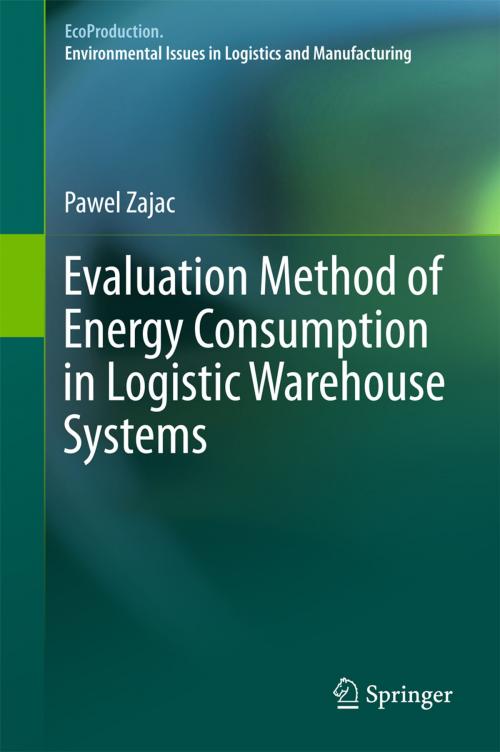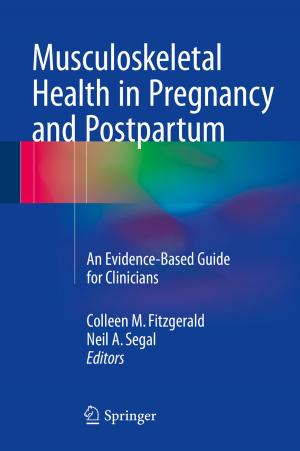Evaluation Method of Energy Consumption in Logistic Warehouse Systems
Nonfiction, Science & Nature, Technology, Power Resources, Business & Finance, Management & Leadership, Production & Operations Management| Author: | Pawel Zajac | ISBN: | 9783319220444 |
| Publisher: | Springer International Publishing | Publication: | September 14, 2015 |
| Imprint: | Springer | Language: | English |
| Author: | Pawel Zajac |
| ISBN: | 9783319220444 |
| Publisher: | Springer International Publishing |
| Publication: | September 14, 2015 |
| Imprint: | Springer |
| Language: | English |
This book focuses on guidelines for reducing the energy consumption in warehousing processes. It presents a model of formal assessment for energy consumption in the context of storage-system logistics, as well as a computational model consisting of three sub-models: energy consumption models for forklifts and stacker cranes, respectively, and an energy intensity model for roller conveyors. The concept model is based on the assumption that the unit load is received at a zero-energy warehouse. Subsequent handling, transport and storage processes, in which the unit load is moved vertically and horizontally through the system, equate to changes in energy intensity within the logistics warehouse management system. Energy recovery based on the handling equipment used can be collected in batteries. The evaluation method takes into account the intensity of the energy supplied to the logistics system and reduces the storage of the recovered energy - this figure represents the energy needed to pass through the logistics unit load storage system, and can be expressed in an energy intensity map.
This book focuses on guidelines for reducing the energy consumption in warehousing processes. It presents a model of formal assessment for energy consumption in the context of storage-system logistics, as well as a computational model consisting of three sub-models: energy consumption models for forklifts and stacker cranes, respectively, and an energy intensity model for roller conveyors. The concept model is based on the assumption that the unit load is received at a zero-energy warehouse. Subsequent handling, transport and storage processes, in which the unit load is moved vertically and horizontally through the system, equate to changes in energy intensity within the logistics warehouse management system. Energy recovery based on the handling equipment used can be collected in batteries. The evaluation method takes into account the intensity of the energy supplied to the logistics system and reduces the storage of the recovered energy - this figure represents the energy needed to pass through the logistics unit load storage system, and can be expressed in an energy intensity map.















